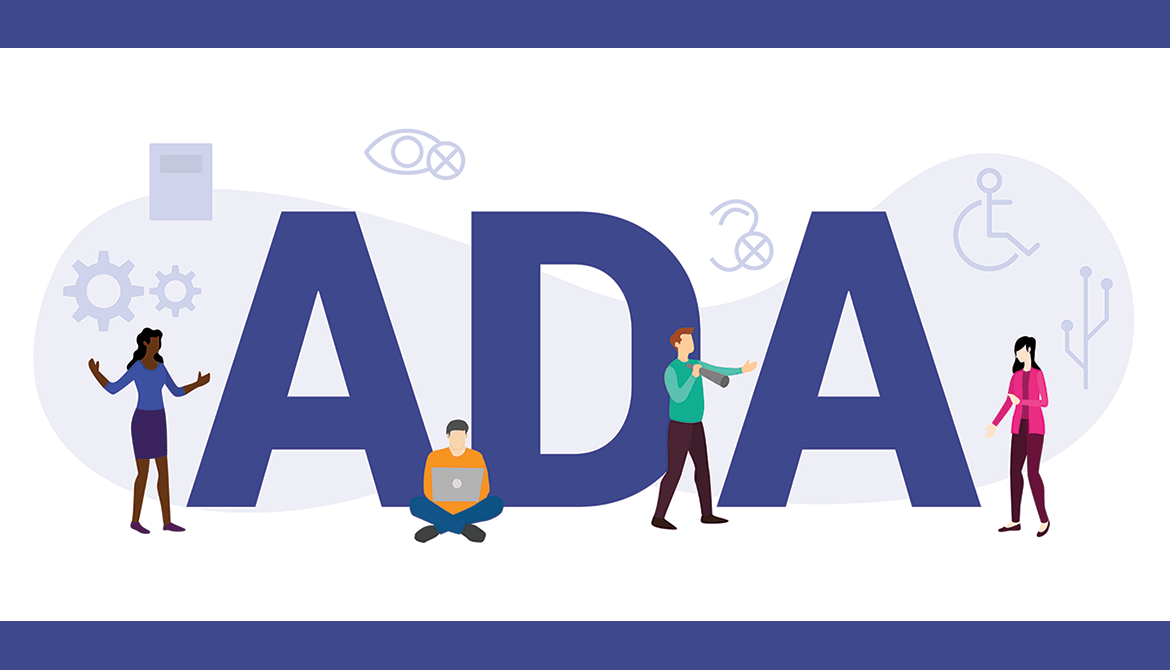
Small businesses all over the country are such an important part of our economy. Approximately 25 million small businesses all over the US represent 99.7% of all employers, employ more than 50% of the private work force, and generate more than half of the nation's gross domestic product, according to the U.S. Equal Employment Opportunity Commission. Also, more than 50 million Americans, have disabilities. It can be hard for a small business to meet the Americans with Disabilities Act (ADA) standards for its customers and employees with disabilities.
ADA is a federal civil rights law designed to prevent discrimination and enable individuals with disabilities to participate fully in all aspects of society. This legislation requires businesses to make "reasonable accommodations" for people with disabilities. Under the ADA, a business is required to follow the guidelines if you have 15 or more full-time employees, operate for at least 20 calendar weeks in the year, and are engaged in an industry affecting commerce.
What is a "reasonable accommodation" you might ask? Reasonable Accommodations according to the EEOC's website are adjustments or modifications provided by an employer to enable people with disabilities to enjoy equal employment opportunities. Accommodations vary depending upon the needs of the individual applicant or employee. Not all people with disabilities will require the same accommodation. A reasonable accommodation must be provided if a person with a disability needs one in order to apply for a job, perform a job, or enjoy the benefits equal to those you offer other employees. You do not have to provide any accommodation that would pose an undue hardship. An undue hardship means that providing the reasonable accommodation would result in significant difficulty or expense, based on the resources and the operation of a business.
While this all may seem very overwhelming, we have good news! To assist businesses with complying with the ADA, Section 44 of the IRS Code allows a tax credit for small businesses and Section 190 of the IRS code allows for a tax deduction for all businesses.
The tax credit is available to businesses that have total revenues of $1,000,000 or less in the previous tax year or 30 or fewer full-time employees. The credit can cover 50% of the eligible access expenditures in a year, up to $10,250 (maximum credit of $5,000). The tax credit can be used to offset the cost of undertaking barrier removal and alterations to improve accessibility, providing accessible formats such as Braille, large print and audio tape, making available a sign language interpreter or a reader for customers or employees, and for purchasing certain adaptive equipment.
The tax deduction is available to all businesses with a maximum deduction of $15,000 per year and can be claimed for expenses incurred in barrier removal and alterations.
For additional blog posts, click here!

